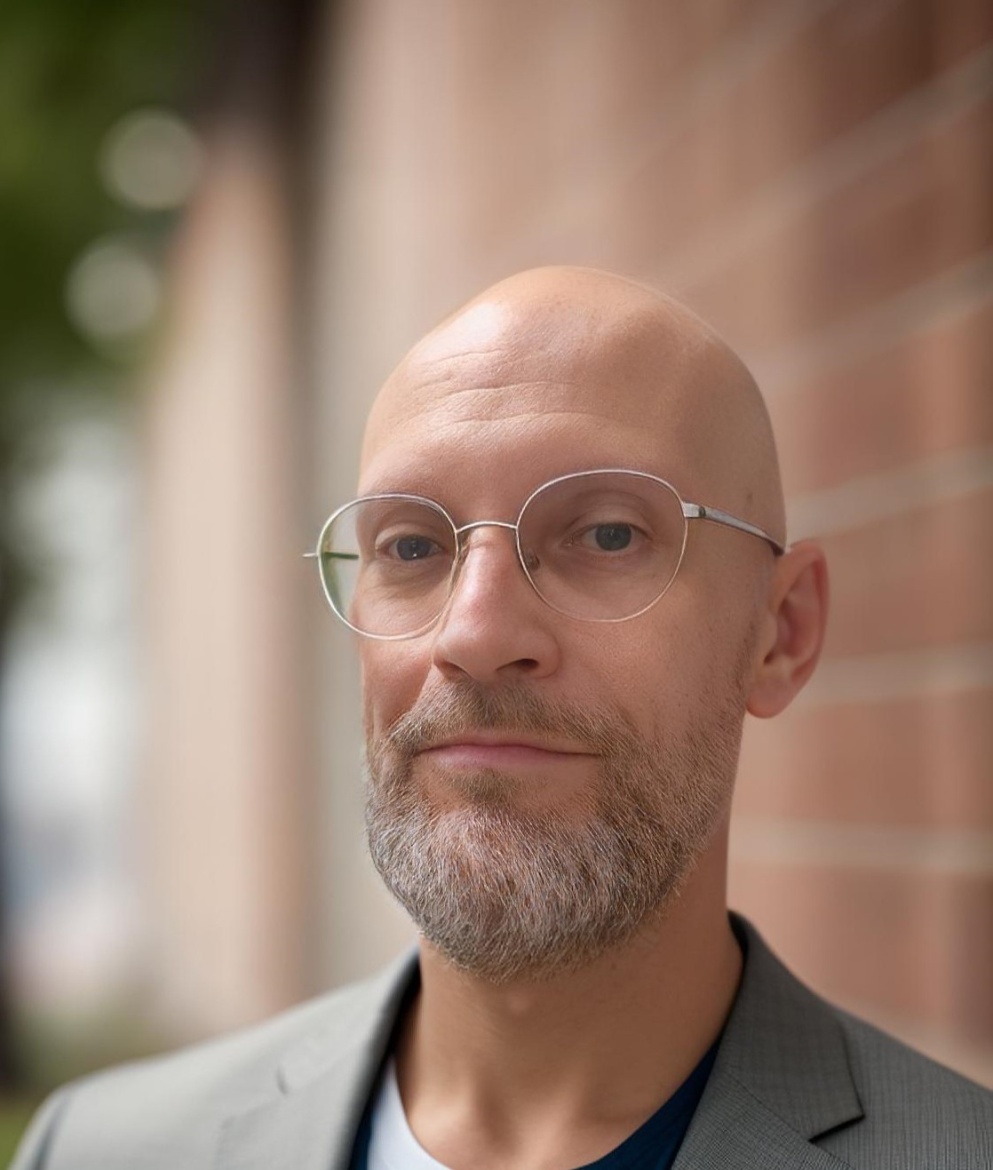Steve Fouch reports on a crisis affecting the future of GP services in deprived urban and rural areas.
What will happen if nearly 100 general practices in areas of urban and rural poverty close down within the next twelve months? The implications are deeply concerning – patients turning to other, already overloaded practices and hospital emergency services for help, leading to potential meltdowns of services. We could see people with complex health with no continuity of service, and any attempt at integrated care going out of the window as remaining services struggle to cope as best they can.
If that sounds overly pessimistic, it is a possibility that some CMF members are genuinely concerned about. Naomi Beer, a GP in the Jubilee Street Practice in East London's Tower Hamlets is one such person. 'Give it a year and I think we will have to close', she told The Guardian. (1) The Jubilee Street Practice has won awards for the innovative and wide-ranging services it offers, helping to address the complex health and social needs of an ethnically and socially diverse community, with pockets of high social deprivation. It has been at the heart of this community for the last seventy years, but by the end of this year it may have closed down.
In March it was reported that NHS England had a shortlist of up to 98 practices in genuine danger of closing down due to a change in the funding formula for General Medical Services contract. (2) Various aspects of the formula have been changing over recent years, but the most significant is the ending of the Minimum Practice Income Guarantee (MPIG). Meant to act as a transitional relief from 2004 when the new GP contracts came in, many practices in areas with young but poor communities have been reliant on the MPIG to cover the shortfall in funding from the Global Sum (the main part of the General Medical Services funding contract). The Global Sum is a per patient fundingmechanism, weighted for age, social deprivation and other factors, but the weighting does not take into account the complex needs and repeat visits to surgeries of younger patients in more socially deprived communities. So for instance, while the typical number of consultations per patient per year around the UK is about five, in Tower Hamlets it is nearer twelve. The MPIG has covered the shortfall in funding that this increased demand puts on the practice.
A significant proportion of Jubilee Street's caseload consists of patients with complex social and medical needs. Often they are from ethnic minorities, or are younger and in need of long term care. The same is true for many other inner city general practices, and similar patterns can be found in rural practices. In both urban and rural cases, because patients are generally younger (eg university students, whose needs are also not recognised), the funding formula in the Global Sum does not cover the on-going, complex needs of these communities.
A financial cliff
To keep the financial pressures at bay, staff have had to take pay cuts despite increased working hours – but there are limits to what can be cut while still maintaining services. Jubilee Street, along with maybe 97 or more other practices, many (if not most) of which are in areas of social deprivation, are facing a roll towards a financial cliff, with no obvious means to stop them falling over.
NHS England has been asked to address the situation, but states that its hands are tied and that it allegedly has no money to deal with the problem. The BMA and the RCGP have been lobbying for government action. There is an active campaign in Tower Hamlets where several of the affected practices are based, and it is hoped that Dr Beer and her colleagues will get to see the Secretary of State for Health in the near future. But time is short, and without decisive action the point of no return may be reached very soon for many, if not all the practices on the 'at risk' list.
General practices account for 90% of all patient contact with the NHS, undertaking a staggering 340 million consultations a year on only 8% of the total national NHS budget. In Tower Hamlets, with over twice the average consultation rate, that is done on just 6.5% of the local health budget. And overall, the funding for general practice continues to fall as the demand increases.
The UN has said that developing strong primary care (particularly addressing social determinants of health and providing universal access to essential health services) is a vital component to developing Universal Health Coverage. (3) (4) Primary care is the backbone of preventative medicine as well as the gate keeper for curative medicine and the provider of much care for long term conditions. It is therefore in no one's interest to see this fail.
A vital witness
About a quarter of CMF's members are GPs. Christians often deliberately seek to work in areas of social need, seeing it as part of their service to God. As Christians our commitment is also to justice. In this instance, Christians should want to see the poor, the marginalised and disadvantaged given the quality of medical care that they need, irrespective of wealth and other personal resources. It is no surprise that there have always been a large number of Christian general practices around the country, and many more Christian GPs, nurses and administrative staff working in secular practice. They remain a vital witness to Christ, especially in more deprived communities of the nation.
There are other issues – our patients expect more and more of the health service. Are some of these expectations becoming unrealistic and unachievable? We are managing more and more people with long-term conditions, many of which are preventable, yet we are struggling to see the incidences of 'lifestyle' diseases such as diabetes, lung cancer and obesity, decrease. (5) GPs are not the only ones who can have an impact here, and as we have argued before, managing expectations and helping educate and support people through lifestyle changes is something in which the church can play a key role. (6)
Finally, we are also facing a staffing crisis; with so many pressures and demands mounting, many GPs are retiring early, while fewer and fewer are going into general practice training. (7)
Dr Beer reflected that 'this is one of a number of crises that should cause us to pause as a nation and ask what kind of National Health Service we need and want and how much we are prepared to pay for it'. As a percentage of GDP, we still spend less than most European nations on healthcare.
A matter of justice
The Bible reminds us that we have a responsibility for the poor we have amongst us, (8) while our rulers are expected to adhere to biblical standards of justice. (9) Jesus taught that in following him, we need to look out for the least of our brethren. (10) Sustaining a strong primary care service is surely a matter of justice, providing essential services and support for the poor and vulnerable in society. So much of this service is also provided by Christian doctors, nurses and practice staff seeking to serve the Lord. It should therefore be a matter all of us take seriously, holding the authorities to account to make sure there is adequate provision to maintain the quality of service needed. But we also need to enter into a wider debate about how we resource and provide such services in the long term. Getting past this crisis is not going to be enough, and we need to be ready to look critically and creatively at a long term future for primary care as the backbone of a national healthcare system. Steve Fouch is CMF Head of Nursing.
Get involved
If you are concerned and want to support Jubilee Street and other practices, you can get involved in the following ways:
- 'Save Our Surgeries' Campaign
- Twitter: @Jubilee_Street
- 38 Degrees Petition
- BMA 'Your GP Cares' campaign
- RCGP 'Put Patients First' campaign
































